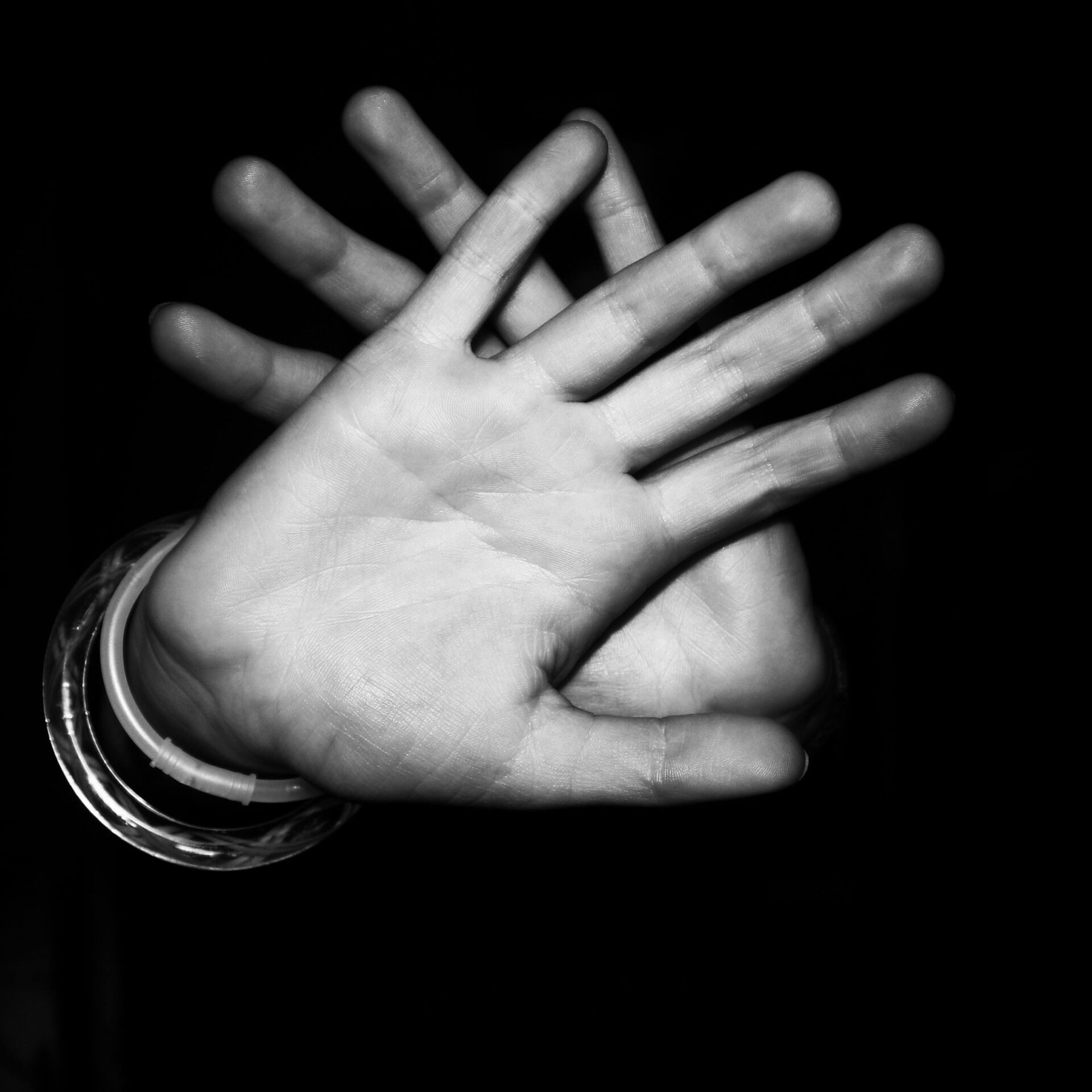“I only use recreationally.”
“I can stop whenever I want.”
“I know my limits.”
“I can unwind however I want.”
Do these excuses sound familiar? Addicts in denial often make statements that downplay the severity of their addiction.
Table of Contents
What Is Addiction Denial?
Addiction denial is the inability of a person with an addiction to recognize that they have a problem with certain substances or behaviors. Denial in addiction is a defense mechanism or a reaction that is intended to protect the person. Denial can be conscious or subconscious, but its main negative effect is preventing people from seeking the help they need.
It is essential for family members and loved ones to understand the dynamics of addiction denial. We want to believe someone when they say they can control the amount they drink or can quit at any time, but if we understand the prevalence of addiction denial, we may look beyond these statements and see someone who needs help. Wellbrook Recovery explores addiction denial, including the signs an addict is in denial, the stages they go through, and how family and friends can help a loved one who is in denial about their addiction.
Denial In Addiction: Common Misconceptions
A common misconception about denial in addiction is that it is a sign of stubbornness or a lack of self-awareness. This is usually not the case. Studies show that many factors contribute to addiction denial, primarily a fear of stigma and the belief that they are functioning fine despite their substance use. A person with an addiction feels they can’t survive without the substances, but may be overwhelmed by the notion that they have a problem. By recognizing and understanding the stages of denial, we can more efficiently help our loved ones.
Addiction Denial: Obstacle to Recovery
Denial in addiction is a significant obstacle to recovery for several reasons:
- Denying that a problem exists causes both addicts and their loved ones to avoid seeking solutions.
- As long as an addict is in denial, they will continue progressing through the addiction cycle, abusing substances and further damaging their lives.
- Addicts in denial often push people close to them away, at a time in their lives when they need a lot of support.

The Stages of Addiction Denial
By exploring the stages of addiction denial, we can identify what our loved one is going through. The key to helping an addict is understanding their challenges with addiction.
1. Denial of the problem
When we confront a loved one with an addiction, they may say something like, “I can stop at any time.” or “I need a drink from time to time. Who doesn’t?” These reactions show that the person with an addiction is denying they have any kind of problem, and this denial can pose a significant obstacle to treatment.
Common Signs and Behaviors at This Stage
When confronted, the person experiencing denial in addiction may exhibit the following:
- Irritability and defensiveness when confronted about their drug or alcohol use
- Tendency to blame others or situations, such as a demanding boss
- Inconsistencies with their description of their substance use with the reality
- Focus on seeming in control; “I know my limits.”
2. Denial of the severity of the addiction
The addict may acknowledge they are dependent on the substances but may deny that even this obvious problem is a problem at all. They tend to:
- Minimize the effect of addiction on their lives. They may use expressions such as, “I’m a functional alcoholic.”
- Refuse to acknowledge that the addiction has an adverse effect. For instance, they may ignore DUIs or the fact that they were fired from their job because of drinking.
3. Denial of the need for help
Sometimes an alcohol or drug abuser admits that they are dependent, but they insist that their addiction is something they can handle on their own. They may:
- Refuse treatment or support, claiming they can quit on their own.
- Say they don’t need help because they are ashamed of admitting they have a problem, fear losing their jobs, or dread social stigma.
Why Are Addicts in Denial?
Denial is quite common among addicts, and there are several reasons why people with substance abuse issues tend to deny their problem:
- Fear of withdrawal
- Fear of social stigma
- Fear of change
- Fear of the loss of autonomy
- Tendency to self-medicate
Withdrawal from substances and addictive behaviors is unpleasant and can be dangerous if attempted on one’s own. The dread of withdrawal symptoms can be so great that a person may deny their problem to begin with. Others may worry about losing their job, custody of their children, and social respect.
The denial stage of addiction is often motivated by a fear of change, which is uncomfortable for someone who habitually uses a substance. They may fear losing their autonomy in an inpatient rehab facility or feel that support groups will “control” their lives. Another reason for addiction denial is that they are using the substance to self-medicate and deal with another issue.
Signs of Addiction Denial
While every addicted person is different, there are common signs of addiction denial that family and friends should look out for:
- Defensiveness
- Minimization
- Blaming
- Diversion
- Distortion
Denial in addiction is often characterized by a defensive attitude and even anxiety when the topic is mentioned. They may turn the conversation around and say things like “You aren’t perfect” and point out faults in the person they are talking to.
They may also minimize the problem by saying they don’t drink more than others, for instance, even if there is concrete evidence to the contrary. Some alcohol and drug addicts acknowledge they are dependent on substances, but blame a high-stress job, a personal tragedy, or a difficult person in their lives. Some individuals who drink or use drugs excessively evade the problem entirely by diverting the conversation to another topic. Others completely distort reality, changing facts to diminish the severity of their substance use disorder.
Confronting an Addict in Denial
Do you have a family member or close friend who is struggling with substance abuse, but refuses to acknowledge the reality? Are you unsure of how to broach the topic of addiction treatment? Wellbrook Recovery compiled a list of helpful tips when confronting an addict in denial:
- Learn about addiction and recovery
- Choose the right time
- Express concerns with compassion and without blame
- Give concrete examples
- Provide specific recommendations for seeking help
Before beginning this difficult conversation, educate yourself about the dynamics of denial and addiction recovery. Choose a time when both parties are relaxed and are not distracted. Avoid statements that imply blame and express how much you care about the person. Describe concrete examples of the toll the addiction has taken on the addict’s life and provide information on how to get help.
How to Help an Addict in Denial
Watching a loved one struggling with addiction and denying they need help is very frustrating and difficult. The best way to help an addict in denial is to:
- Focus on empathy rather than speaking from a place of frustration about their behavior.
- Learn about addiction so you can discuss the issue with understanding.
- Avoid giving the impression of confronting the person, but speak openly and with concern.
- Set boundaries, avoid enabling, and make it clear that the behavior won’t be tolerated.
- Give specific recommendations for professional help, including therapy, counseling, and rehab.
- Reaffirm that as soon as they are ready to seek help, you will stand by them and support them in their recovery journey.

How to Help a Gambling Addict in Denial
Gambling addiction is different from drug abuse or alcoholism because the object of addiction is a behavior rather than a substance. Other behavioral addictions, also known as process addictions, include:
- Shopping
- Food
- Internet
- Gaming
- Sex
- Social media
Those suffering from gambling addiction denial often claim they are just playing harmless games and they aren’t losing that much money. Look out for the following signs to determine if your loved one may have a gambling addiction:
- Gambles in secret
- Denies significant losses
- Can’t avoid gambling
- Gambles even when they don’t have the money
Confronting a gambling addict is similar to confronting people suffering from substance addictions. The following resources can help those with a gambling problem:
- Therapy and support groups
- 1-800 Gambler
- Gamblers Anonymous
Family and friends of gambling addicts can reach out to Gam-Anon for support.
Denial and Addiction Recovery
Denial of addiction is a significant impediment to seeking treatment, especially when we consider that admitting that one has a problem is the first step to getting help. The more deeply a person is in denial, the less likely they are to take action, get help, and do the work that needs to be done in recovery. Denial can also lead to a relapse and cancel out the progress of recovery.
Denial is one of the most significant barriers an addict must overcome to get help. In some cases, it poses more of a challenge than the substance itself. The first step towards recovery is helping an addict admit they have a problem and overcome denial. With strong support systems, therapy, and rehab treatment, addicts can learn to avoid addictive substances and behaviors long-term, confront their addiction, and gain sobriety.
Help Your Loved One Overcome Addiction Denial at Wellbrook Recovery
Anyone with a loved one struggling with substance abuse or a behavioral addiction should know how to recognize addiction denial and how to help the addict overcome denial and seek help. A family member or friend speaking with compassion and understanding to the addict about the impact of their addiction can help them break through denial and pursue recovery.
If your loved one has a substance abuse problem, know that there is help out there. At Wellbrook Recovery, we offer a full addiction treatment program with a focus on each individual and their needs. Our professional and caring team uses various evidence-based and holistic therapies to create a comprehensive treatment program. Reach out to Wellbrook Recovery for assistance in helping a family member or friend who is caught in one of the stages of addiction denial. Together, we will find hope and healing, build stronger relationships, and establish a firm foundation for long-term recovery.












